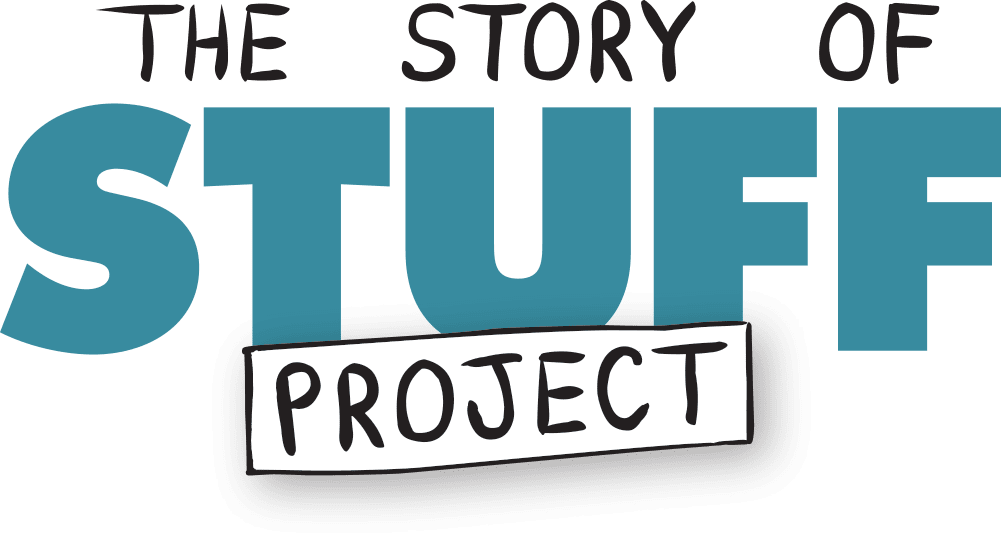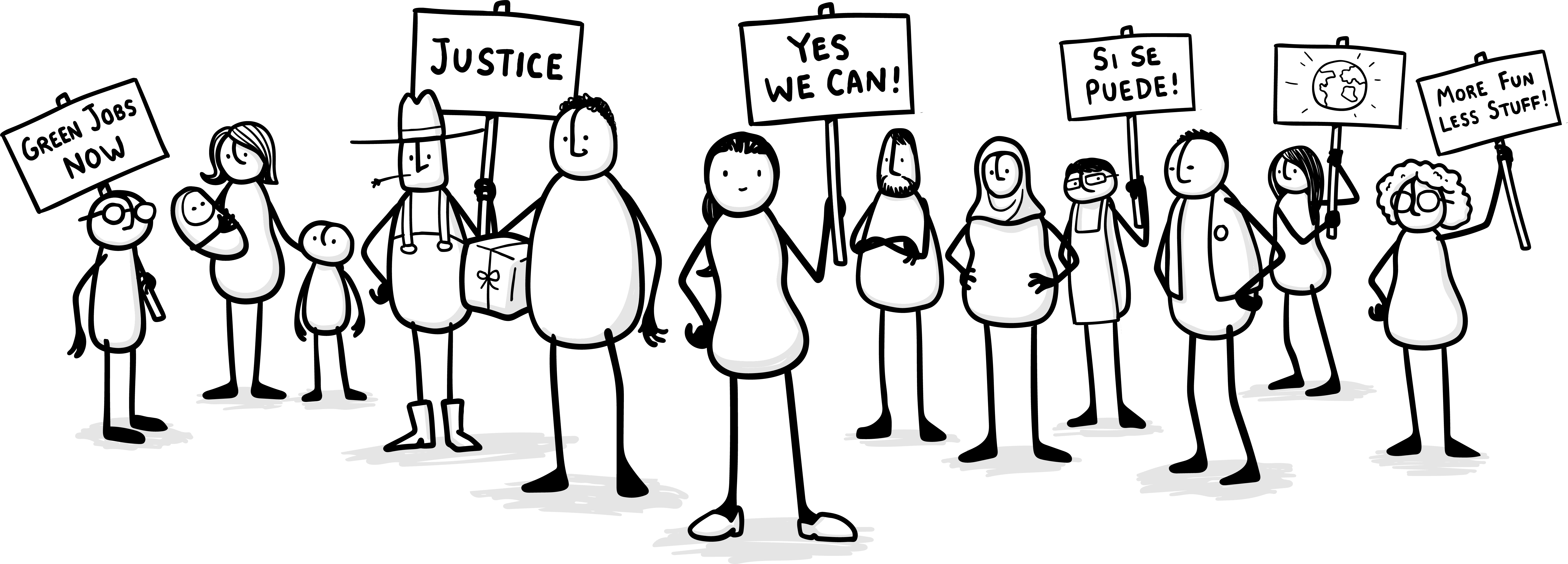Global Citizens or Mass Consumers?
With the holidays around the corner, we can expect an uptick in the same tired messaging that tells us to buy more and more Stuff – because apparently that’s the only way to participate in what really matters to us. But, as a friend of Story of Stuff, we’re guessing you already know: our joy, sense of belonging, and how we participate in society doesn’t need to be tied up with the consumer economy.
And as the holidays roll around, you can expect counter messaging from us, including Buy Nothing November, a recurring segment we call Less Stuff, More Joy, and more. In fact, when we recently ran a social media poll asking what kind of content you want to see more of, 77% of you said “Sustainable Living Tips,” along with “How to Engage with Policy.” Right up our alley!
As we work on incorporating more of your feedback into our programming, we’d like to give you an update on what we’ve been working on all summer. Keep reading for more!
Progress on Reuse Campaigns
At its core, Story of Stuff’s Reuse Project boils down to the same dynamic of citizens vs. consumers, rejecting the notion that we can shop our way to a better future. Instead, success for our major campaigns is based on what looks a lot like people power – folks coming together to demand change.
Over the summer, our Bring Back Refill campaign – an initiative to displace single-use plastic beverage bottles with reusables, along with reuse infrastructure – saw significant gains. We drove more than 3,500 direct legislator contacts by members of our Community, pushing for reuse quotas to be worked into policy in U.S. states with existing or proposed deposit return systems. Those contacts included handwritten postcards, emails, phone calls, petition signatures and in-person turnout. We offered written or oral statements on legislative proposals in California, New York, Massachusetts, Michigan, North Carolina, Washington and Maine. And, we provided trainings for both grassroots activists and “grasstops” leaders (folks involved in passing legislation) to create powerful and informed champions for refill legislation across the country.
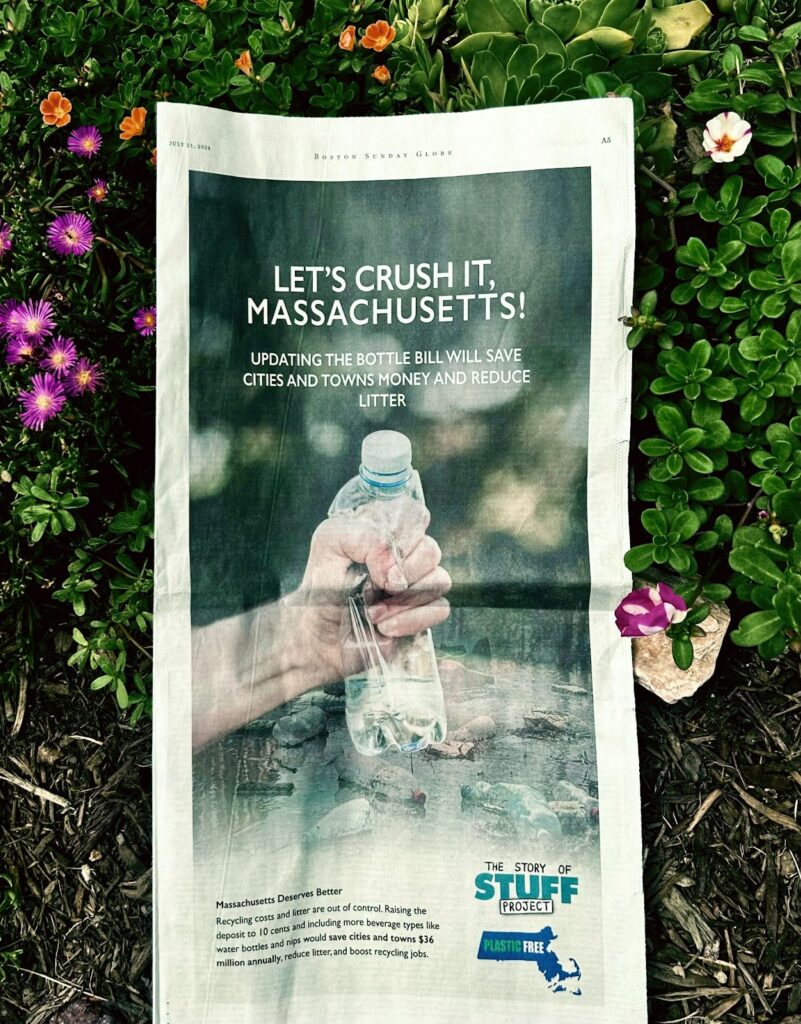
Though we’re a primarily digital organization, we took a jump into print with this full-page ad in the Boston Globe, calling on legislators to pass an updated bottle bill that includes a reuse mandate.
Another arm of our reuse work focuses on foodware. Led by national reuse expert Miriam Gordon, this initiative seeks to bring reusables – plates, cups, utensils, trays, straws and more – to onsite dining, as well as takeout. We’re tracking implementation on a city-by-city basis, leading or participating in local reuse coalitions, and working to roll out a relaunch of our successful Citizen Muscle Boot Camp that will prepare grassroots activists to advocate for reuse policies at the local and state level. Fielding and passing legislation in multiple states will require distributed, effective grassroots leadership equipped with good policy and the tools to advocate for it. Recently Miriam was interviewed by Berkeleyside, where she discusses the evolving landscape of reusables and how even business models that ultimately fail, like Bay Area startup Dispatch Goods, can teach us a lot about getting the logistics right. Read the full article here.
Capturing Refill At Work
Last month our team began production on the third video in our Coca-Cola EXPOSED series showing how the company is capable of running effective reuse solutions with its iconic glass bottle. We’re profiling Coca-Cola’s reuse system – outside of the typical areas associated with progressive waste policy – in El Paso, Texas showing how the company has voluntarily championed its own reuse system by leveraging washing infrastructure in Mexico. This will make the case for how and why policy is the key for accelerating reuse at the scale required by the climate and plastics crises.
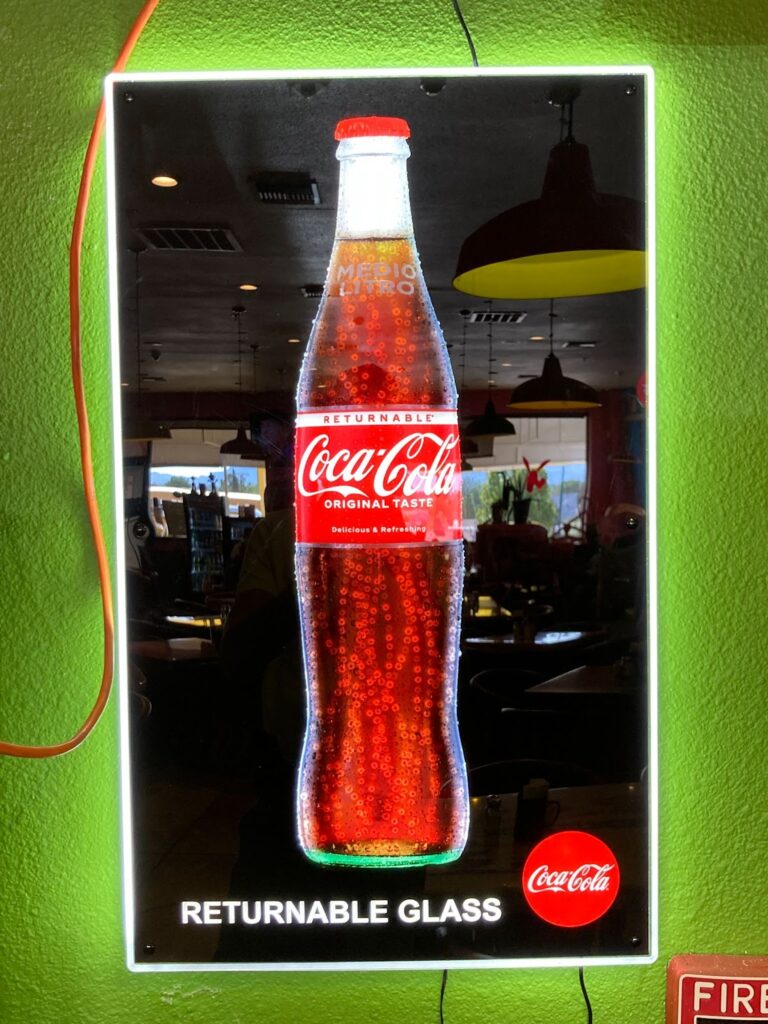
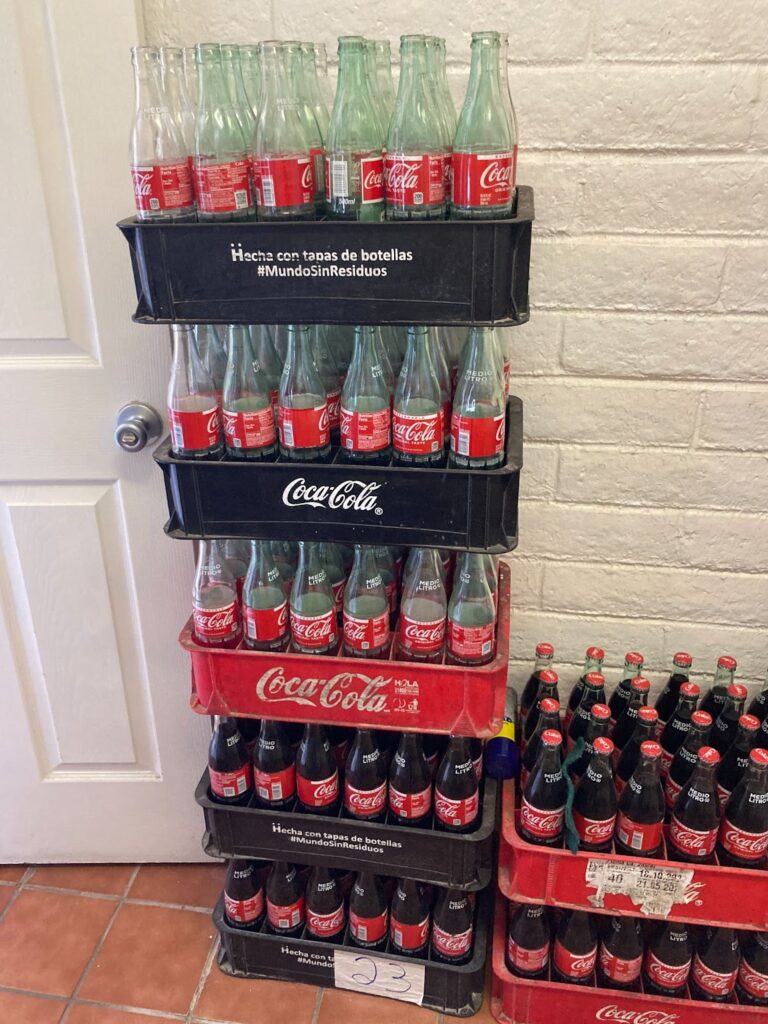
We also released Burning Injustice on YouTube, an inspiring short documentary that follows the journey of Central Valley activists as they expose the devastating health consequences behind one of the last trash incinerators in California, in an effort to close the facility once and for all, and protect their loved ones. Watch the film here.
Alongside the video, we rallied our Community to take action and urge the US Treasury not to provide climate subsidies or bailouts for polluting waste incinerators. Over 1,300 individuals submitted official public comments to the Treasury, reminding the department that burning trash is not a climate solution. Our Community’s submissions made up 73% of the total public comments sent in.
An Update on BlueTriton / San Bernardino
Earlier this year, we provided financial support, strategic advice and our longtime lawyer to one of our main local partners and a Grassroots grantee, Save Our Forest Association, to pursue legal action against the Forest Service for allowing bottling giant BlueTriton to operate on federal lands with an expired and illegitimate permit. Towards the end of June, Save Our Forest Association filed a lawsuit against the Forest Service on these grounds, an event covered on the front page of The Los Angeles Times.
That lawsuit prompted a BIG decision – in a July letter denying BlueTriton’s request for a new permit, the Forest Service ordered the bottling giant to plug its boreholes, turn over the keys to its infrastructure and submit a plan for decommissioning its pipeline.
Then, the Forest Service invited local advocates to meet to develop a plan for the restoration of Strawberry Creek, which has been dewatered by BlueTriton and its predecessors for decades.
When we asked for your help to support this grassroots fightback, you contributed over $13,000 to this local community, including citizen activists like our longtime partners Steve Loe, Amanda Frye and Hugh Bialecki and others – who made countless personal sacrifices to keep the pressure on. Together, we’ve come a long way. Every member of the Story of Stuff Community should feel enormous pride in this accomplishment – you powered this campaign for nearly a decade!
And, we continue to provide “surge capacity” to diverse partners – putting these partners’ action requests in front of our Community members at the national, state and local level, from turnout emails during the Oakland City Council’s (successful) consideration of a reusable foodware ordinance to signatures on a petition to the Federal Trade Commission regarding the Right to Repair. All told, we contributed thousands of actions to partner organizations.
With impact like this, it’s easy to see why active global citizens – not shoppers – hold the key to a better future. As always, we’re happy to share the impact of our work with you, who make it all possible! If you’d like to discuss anything in more detail, have questions or feedback, please feel free to reach out. We love hearing from you!
